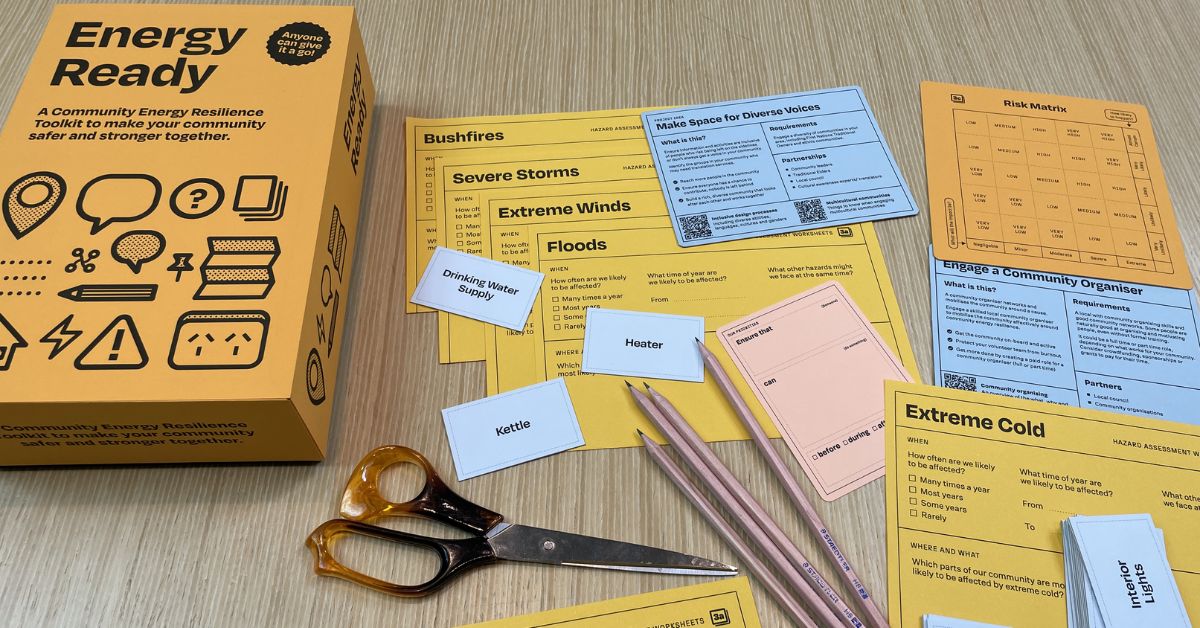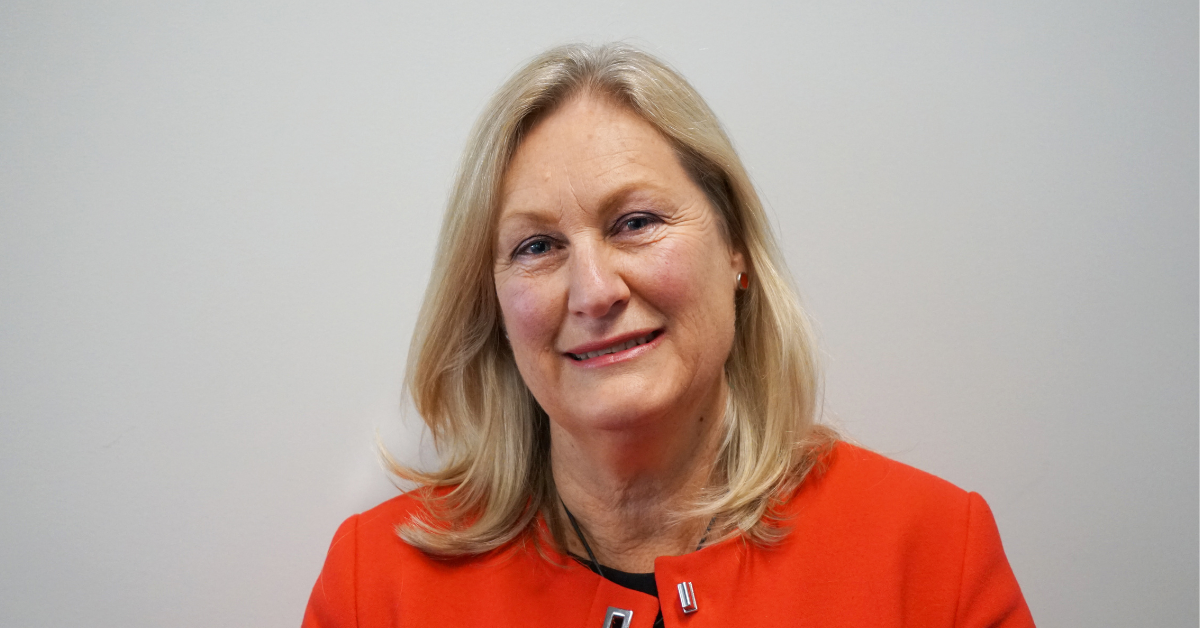A recent drop in energy prices provides much-needed relief for Australian households and small businesses but there is still plenty of work to do, Energy Consumers Australia says.
Chief Executive Officer Lynne Gallagher said measures recommended by the Australian Competition and Consumer Commission in 2018 and subsequently adopted by Energy Ministers were having the desired effect on prices. But she said more reform, and more bill relief, were still needed.
“We’ve seen default market offers introduced to put downward pressure on prices by making it easier for consumers to compare offers and requiring retailers to communicate clearly,” Ms Gallagher said.
“We are now seeing the benefits and it is extremely encouraging that the reforms which have been implemented are working.”
Among changes to the system recommended by the ACCC’s 2018 Retail Electricity Pricing Inquiry were a requirement for retailers to provide a default offer at a price determined by the regulator with set terms and conditions for consumers.
Energy companies are free to offer new products and packages that match or exceed this floor and consumers are better able to directly compare different products from different retailers.
Today’s news also shows the value of ongoing price monitoring by the ACCC, a measure that Energy Consumers Australia strongly supported, and which has been a welcome addition.
Ms Gallagher said that while it was good to see progress on energy prices, consumers were still under significant pressure.
“Even taking these falls since mid-2020 into account, average retail electricity prices are still 75 per cent higher than the level in 2006,” she said.
“That means we are still nowhere near a level of electricity prices that allows Australian households and small businesses to operate without being stressed by their bills.”
Ms Gallagher noted the 2018 Inquiry had countenanced a price drop of up to 25 per cent but said it was also true that not all of ACCC Chair Rod Sims’ recommendations had been implemented.
“We know there are additional measures still to be implemented that could drive prices even lower,” she said.
The ACCC Inquiry recommended a fund be established to support consumer and community organisations to deliver targeted support – including energy literacy information – to consumers, particularly vulnerable households.
“We strongly supported the recommendation that governments should fund a trusted voice to provide tailored, relevant and independent information to vulnerable households, and help rebuild consumers’ trust in this market,” she said.
“That still hasn’t happened and would be a critical next step. It is great to set up conditions that offer less complexity for consumers but if they don’t understand the choices available to them, or even the way in which they are being charged for their energy use at present, then there will always be a limit on how effective those measures can be.”
Ms Gallagher said that falling network prices and a significant drop in the price of wholesale electricity meant that retailers had no excuse for not fully passing on potential savings to consumers.
“The ACCC has warned that there will be zero tolerance for not passing on savings and we support that approach,” she said. “Consumers are entitled to every bit of relief that the system can make available to them.”
About Energy Consumers Australia
Energy Consumers Australia is the independent, national voice for residential and small business energy consumers. We enable residential and small business energy consumers to have their voices heard by the sector by working with other consumer groups to gather evidence-based research with a national perspective, distil it to key viewpoints, and feed it back to the market to influence outcomes.
Media contact / interview request: Dan Silkstone 0414622762


